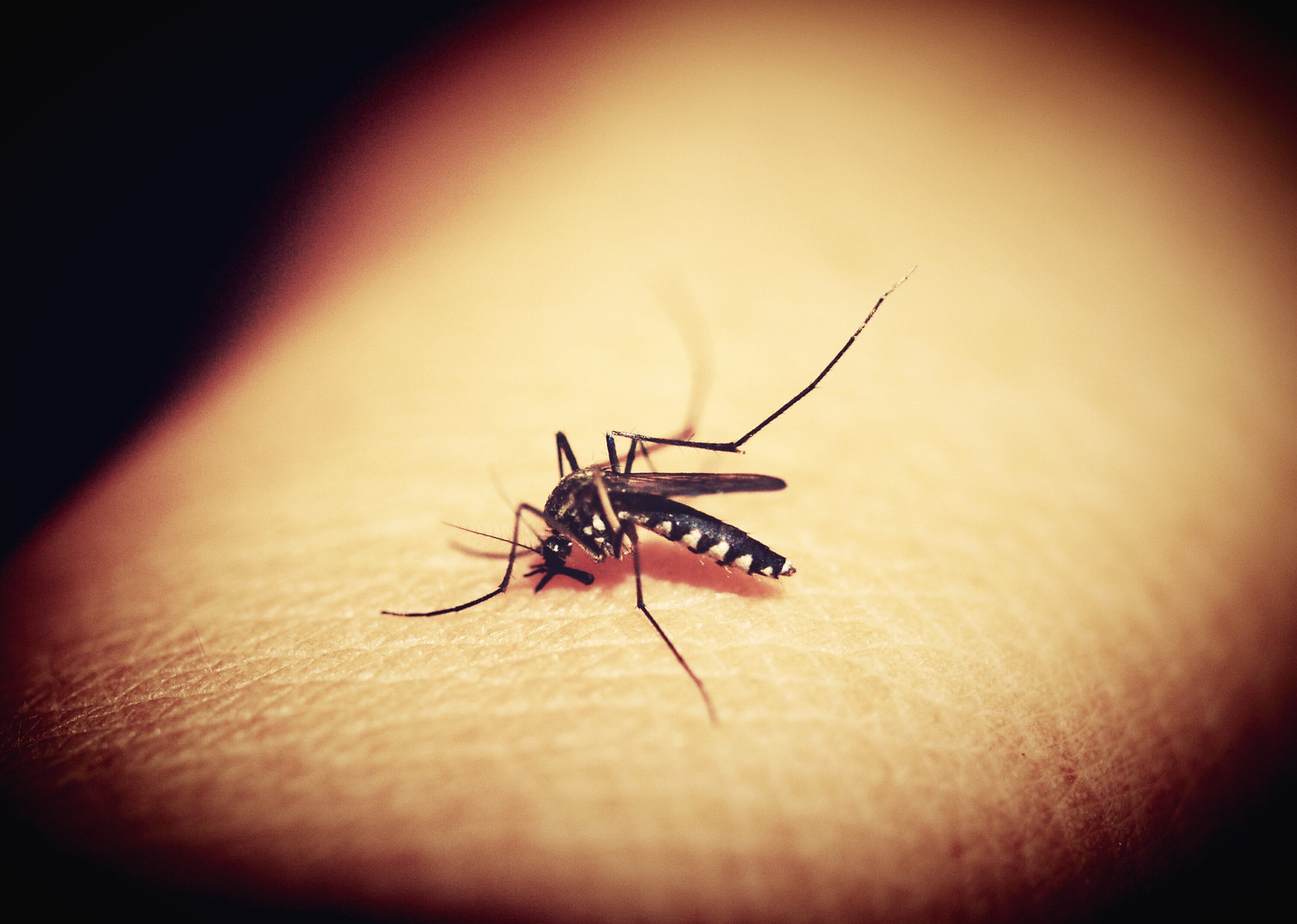
Manilla: The Philippines' Health Secretary Francisco Duque III declared a national dengue alert on Monday in response to the rapid increase of dengue cases in several regions of the country, state media reported. According to Duque, Region 4-B (Mimaropa), Western Visayas, Central Visayas, and Northern Mindanao have exceeded the epidemic threshold for the virus. “Clustering of cases must be identified by the Department of Health (DOH) regional office as a basis for declaring a localised epidemic at the barangay level,” Duque said in a press briefing. Meanwhile, Ilocos, Cagayan Valley, Calabarzon, Bicol, Eastern Visayas, Zamboanga Peninsula, Davao, Bangsamoro Autonomous Region in Muslim Mindanao, and Cordillera Administrative Region, are being monitored after exceeding the alert threshold. According to the Department of Health's (DOH) Epidemiology Bureau, dengue cases nationwide has reached a cumulative figure of 106,630, which is 85 percent higher compared to the same period last year at 57,564 cases. Most cases are from Western Visayas (13,164), Calabarzon (11,474), Central Visayas (9,199), Soccsksargen (9,107), and Northern Mindanao (8,739) for the period of January to June 29 this year. “Dengue cases have been observed to peak every three to four years. The last peak occurred in 2016, given this pattern, the DOH expects an increase in cases this year,” Duque said. Even though dengue is a viral disease which can’t be cured through antibiotics and vaccines, Duque stressed that early detection and proper case management can prevent deaths due to it. “Effective surveillance can also help in reducing cases and deaths if areas with clustering of cases are identified early. Signs and symptoms of disease are severe headache, pain behind the eyes, severe joint and muscle pain, fatigue, nausea, vomiting, and skin rashes,” he said. Duque reiterated that the 4S strategy remains the most effective way to prevent dengue cases and deaths. The strategy includes: searching and destroying mosquito breeding places; self-protective measures like wearing long sleeves and use of insect repellent; seeking early consultation on the first signs and symptoms of the disease; and saying yes to fogging if there is an impending outbreak.